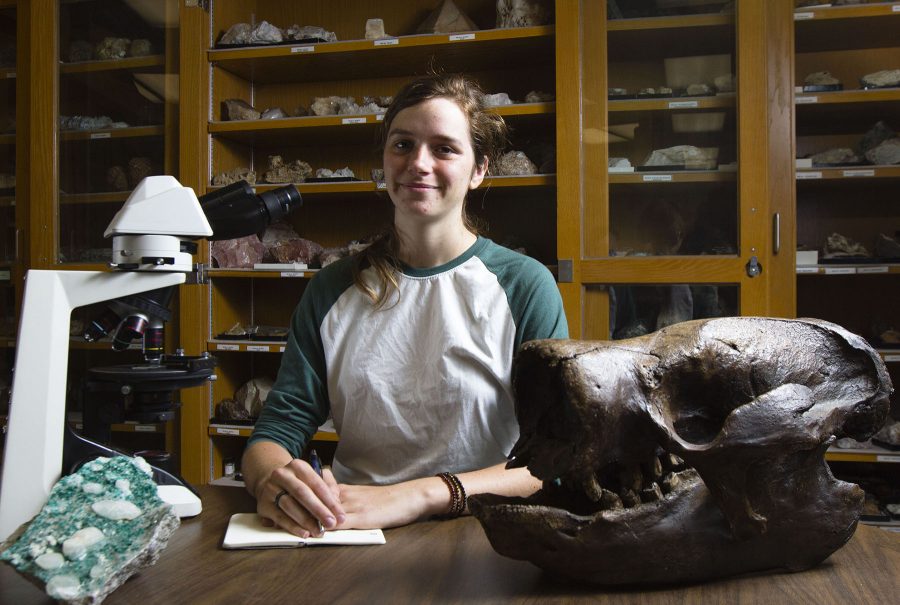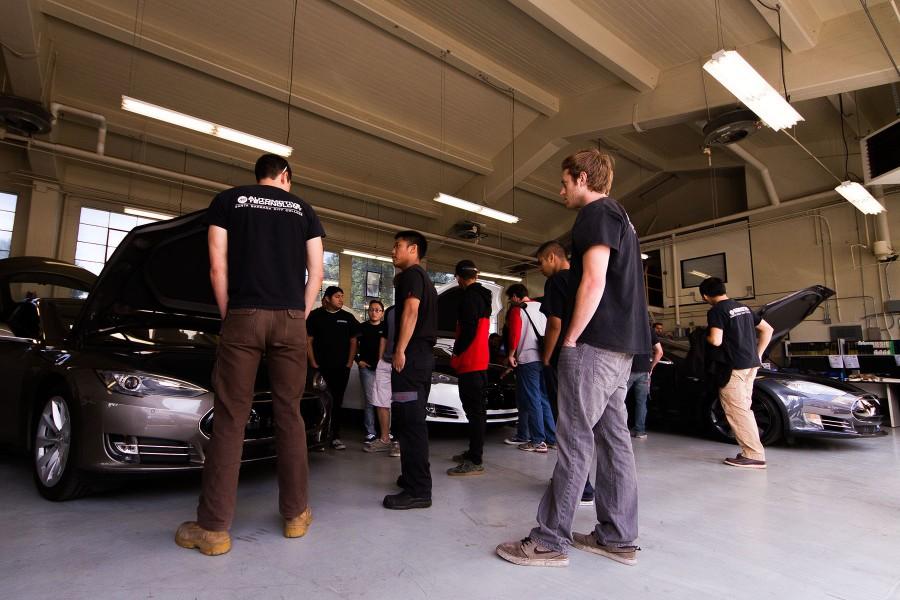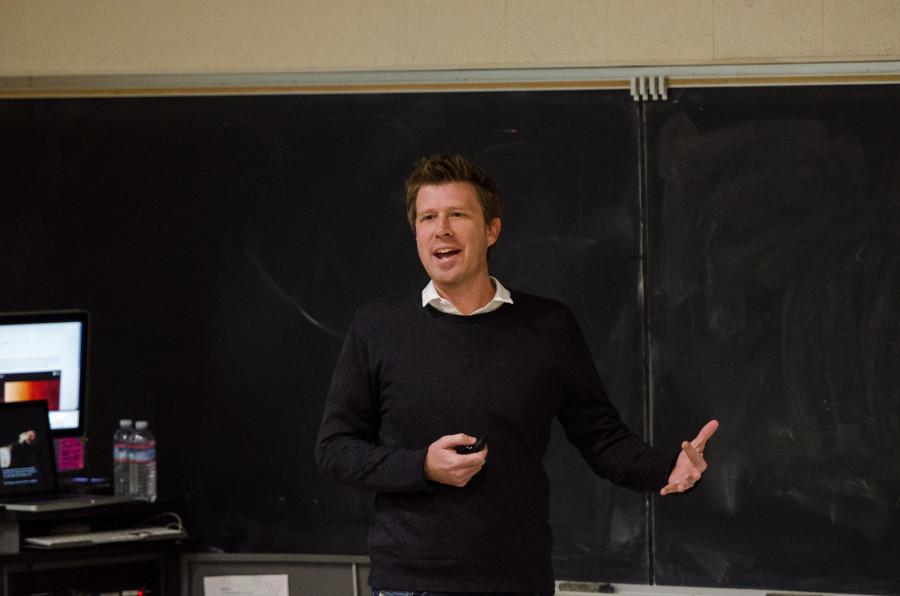The expected switch to Moodle 2.0 in 2014 will offer students and teachers a greater variety of features and control at a time when online classes are rapidly growing in popularity.
The new and improved Moodle will be mobile device-friendly and available features include: improved online quizzes, direct access to tools like Turnitin.com and a drag-and-drop function, which allows for profile personalization.
“The Moodle leadership team has only recently begun the process of scoping out the Moodle 2.x upgrade project,” said Jason Walker, director of academic technology support, “we will work with students, faculty and staff to finalize project plans in the fall 2013 semester.”
Moodle is an open-source program; anyone can make improvements on the software, and redistribute their changes for the world to use. This redistribution creates a vast availability of new features and updates for City College users. There is no licensing fee for Moodle, which saves the college $150,000 annually.
Walker said there is no urgency to move to Moodle 2.0 since students and faculty are comfortable with the current system, from which no instability issues have been experienced.
Distance education, a method of delivering instruction to students not physically present in a classroom, is also available in the new Moodle interface. Technology is incorporated in a way not offered by face-to-face classes. Instructor office hours via Skype, searching through lectures by keywords and available 24-hour access are ways in which distance education becomes technology enriched.
According to a Sloan Consortium survey, distance education has grown at a rate 17 times per year in the past 10 years than face-to-face classes, Hersh said.
“Distance education is taught the way students learn,” said Hersh. “We say welcome to the world you live in.”













